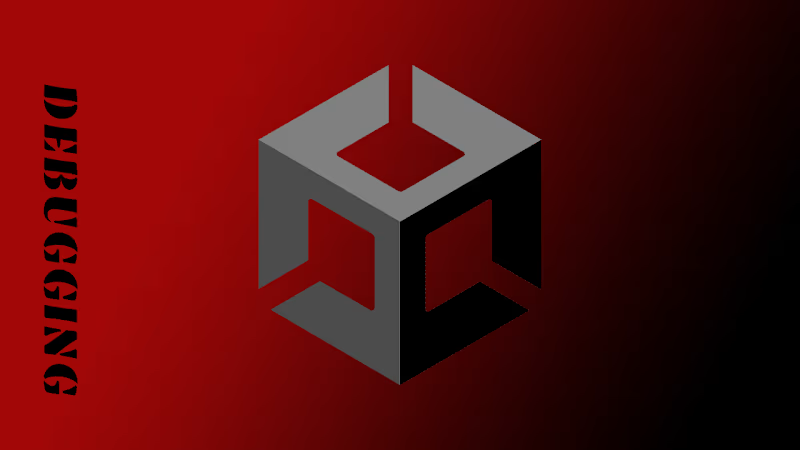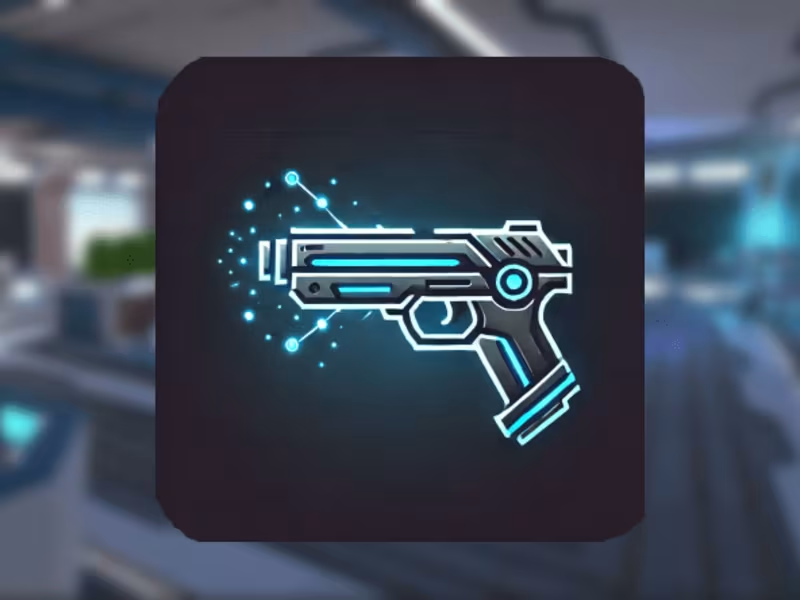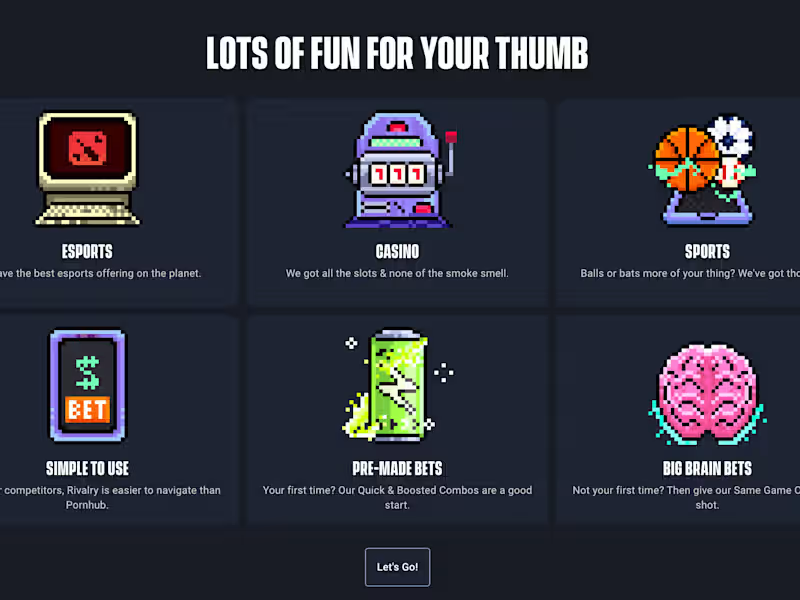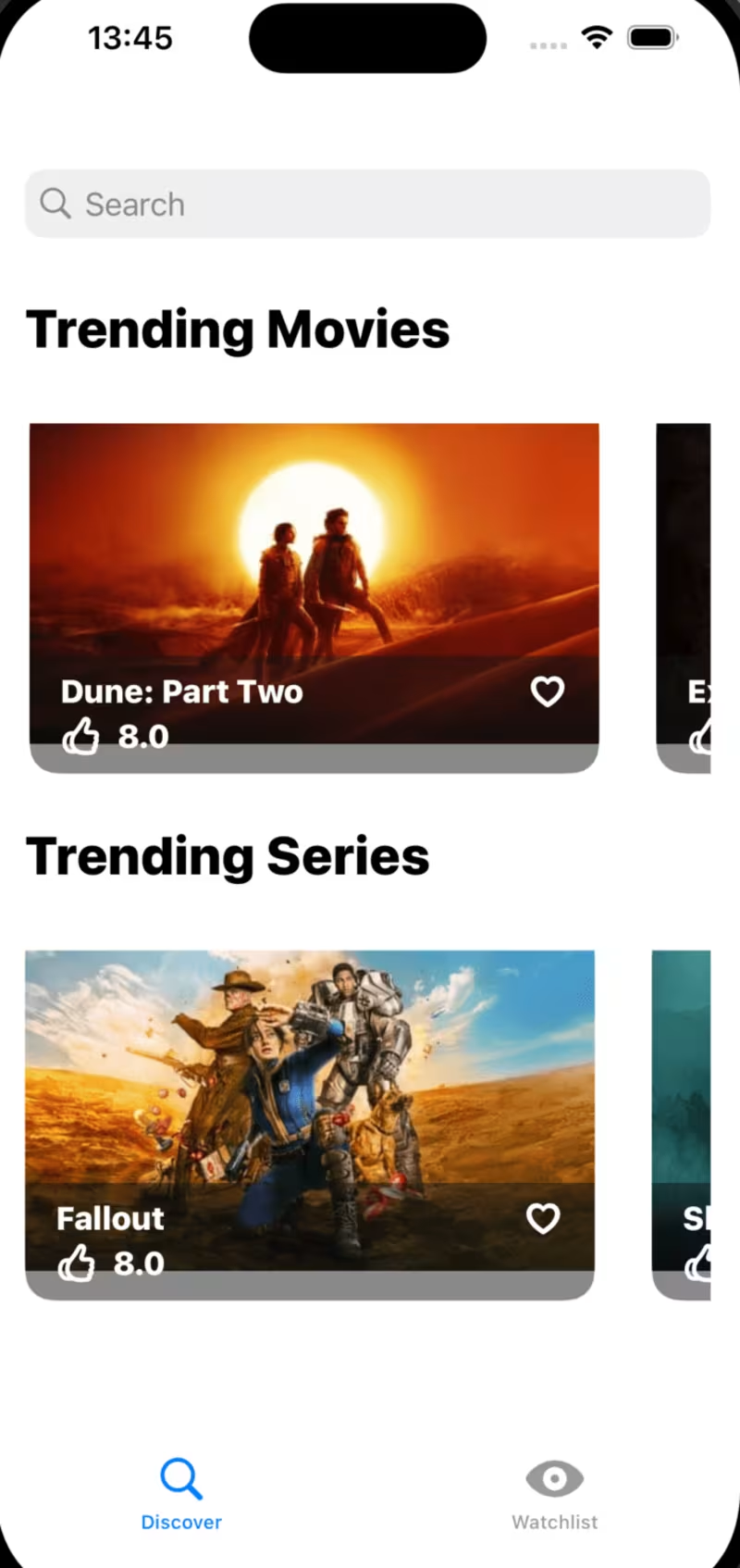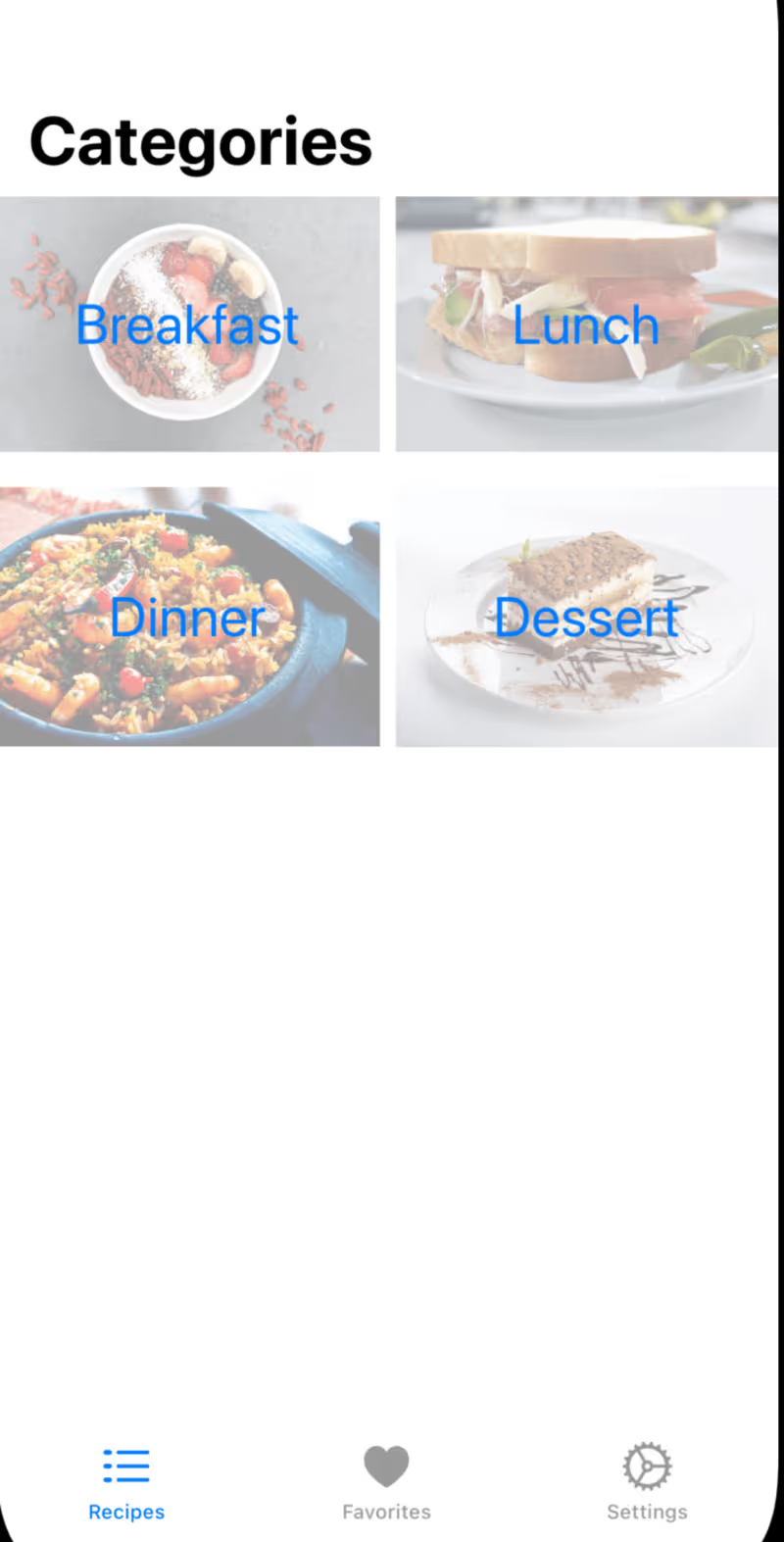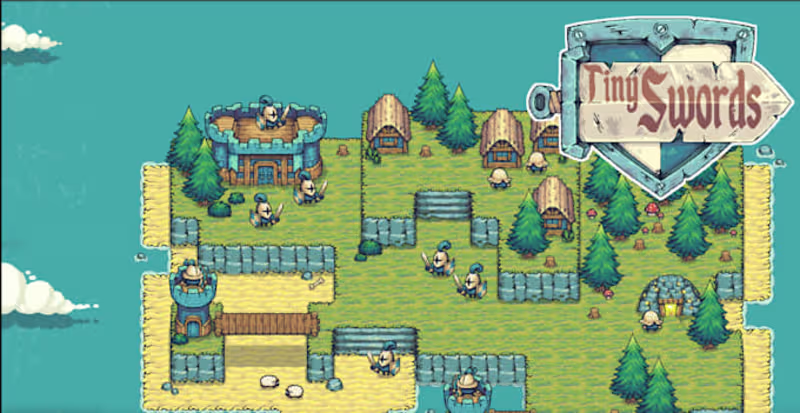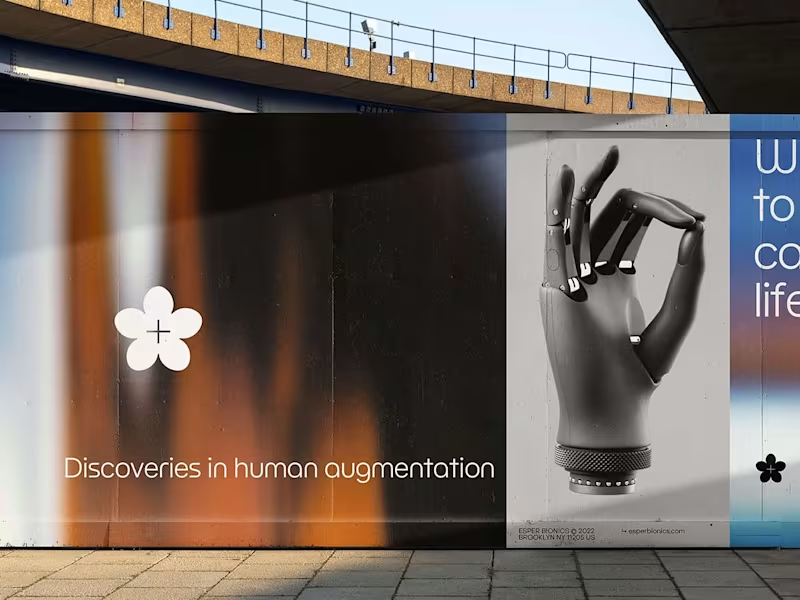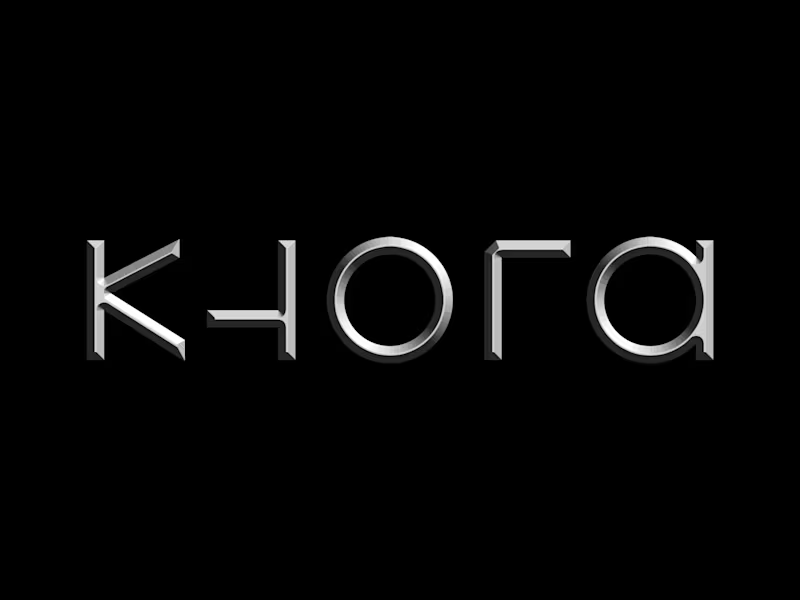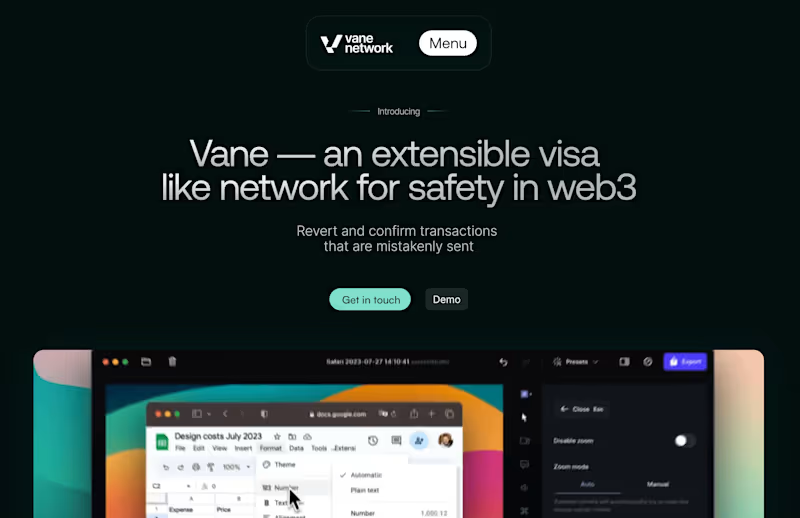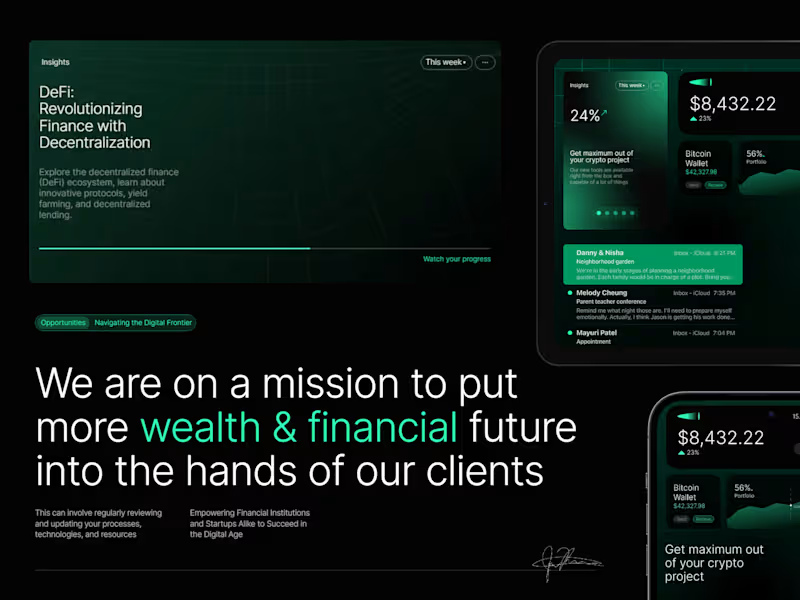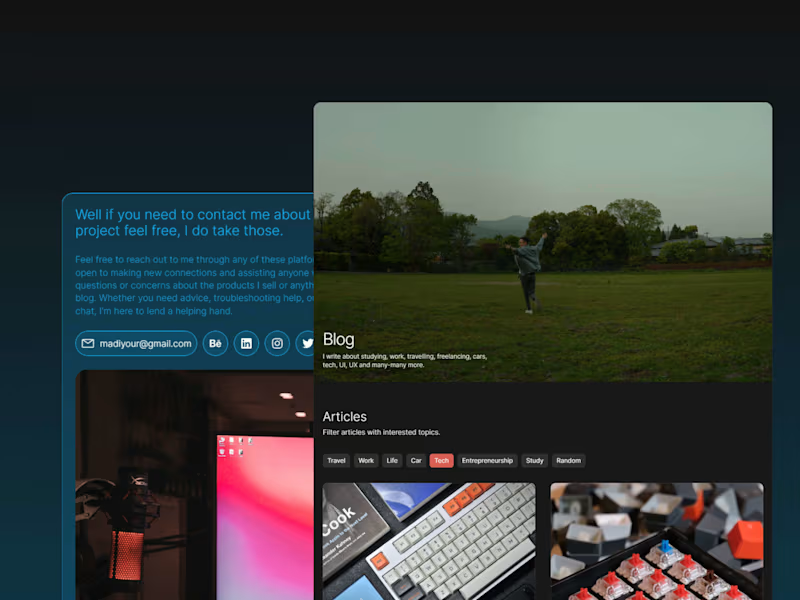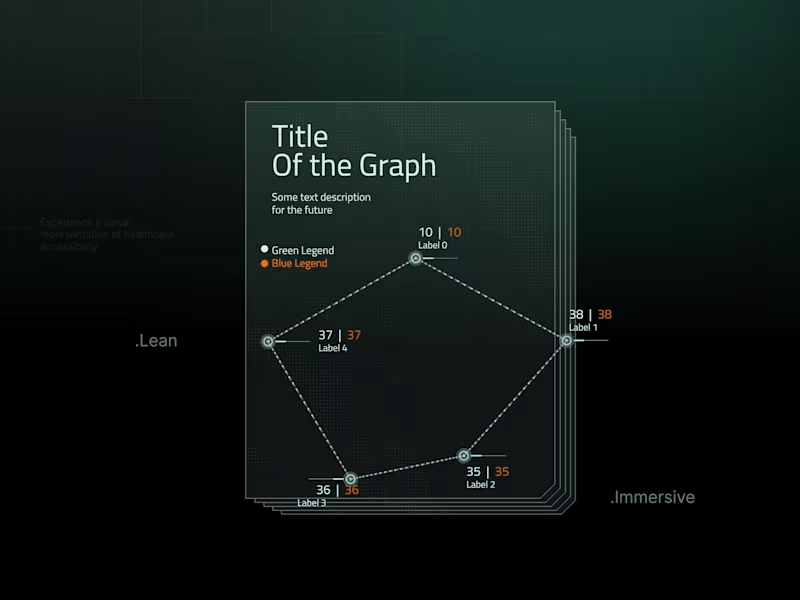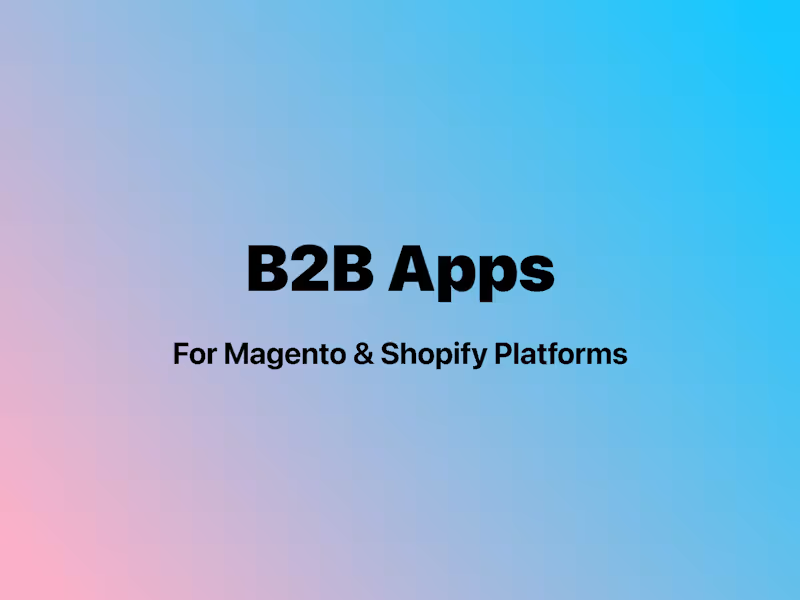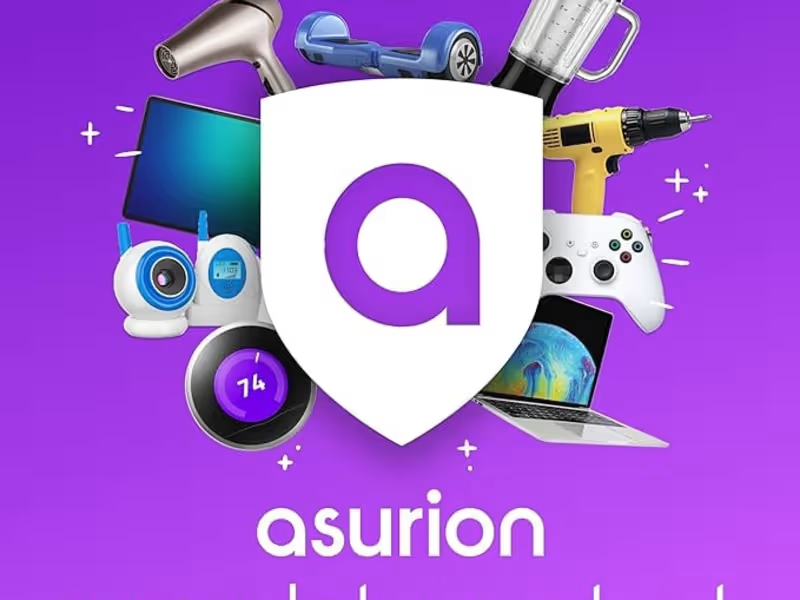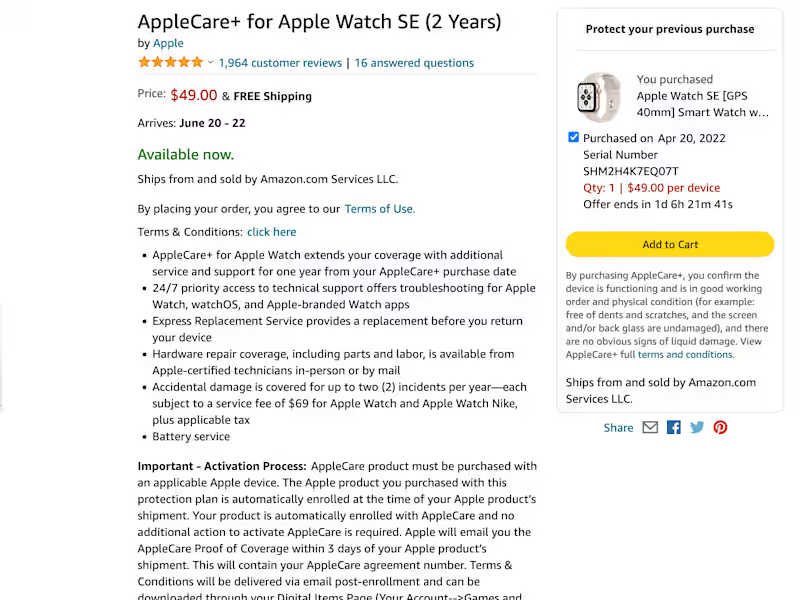What skills should a GitHub expert have for our project?
A GitHub expert should know version control and workflows, like Git flow. Understanding of collaboration features like pull requests and code reviews is important. They should also be skilled in managing branches and resolving merge conflicts.
What GitHub deliverables should we agree on with a freelancer?
Deliverables could include well-documented source code and commit history. Clear README files and deployment scripts may be vital. Ensure they agree to provide regular updates and detailed project documentation.
How can we make sure communication is clear from the start?
Before starting, agree on how often you will check in with each other. Set up a shared space for messages and files, like a Slack channel. Make a schedule for regular updates, like weekly meetings or status reports.
How do we ensure smooth onboarding for the GitHub freelancer?
Provide access to necessary GitHub repositories and project documentation early on. Share any existing guidelines or workflows they need to follow. Make sure your team is ready to offer support and answer questions.
How should we define milestones for a GitHub project?
Set clear, achievable goals for each milestone, like completing specific features. Break down large tasks into smaller ones to track progress more easily. Ensure each milestone has a deadline and a review process for feedback.
How do we establish a successful collaboration process on GitHub?
Agree on the branching strategy and when to merge changes. Set rules for committing code, like descriptive commit messages. Use tools like pull requests for code review and feedback.
How can we support the freelancer in managing code quality?
Use automated tools for code quality checks and testing. Provide guidelines for code style and best practices. Encourage regular feedback and peer reviews to maintain high-quality code.
What is the best way to align on project timelines and priorities?
Agree on a project timeline with deadlines for each task. Make a list of what's most important to focus on first. Check in regularly to see if the schedule needs adjusting.
How do we handle unexpected changes during the project?
Discuss a plan for changes or updates before starting the project. Be flexible and open to revising timelines if needed. Regular communication helps everyone stay updated and adapt quickly.
Who is Contra for?
Contra is designed for both freelancers (referred to as "independents") and clients. Freelancers can showcase their work, connect with clients, and manage projects commission-free. Clients can discover and hire top freelance talent for their projects.
What is the vision of Contra?
Contra aims to revolutionize the world of work by providing an all-in-one platform that empowers freelancers and clients to connect and collaborate seamlessly, eliminating traditional barriers and commission fees.





























